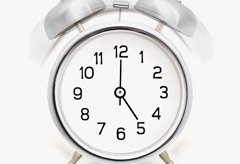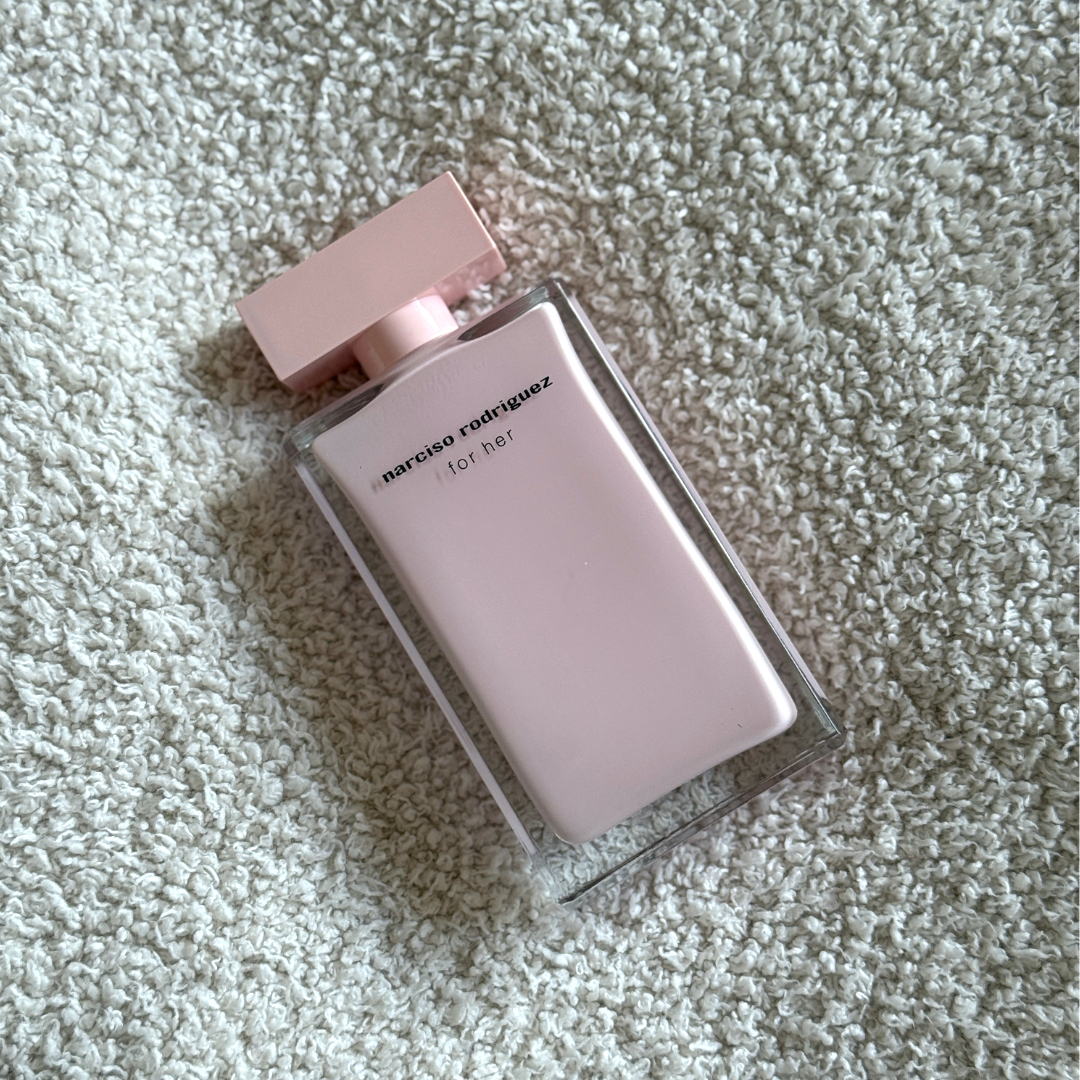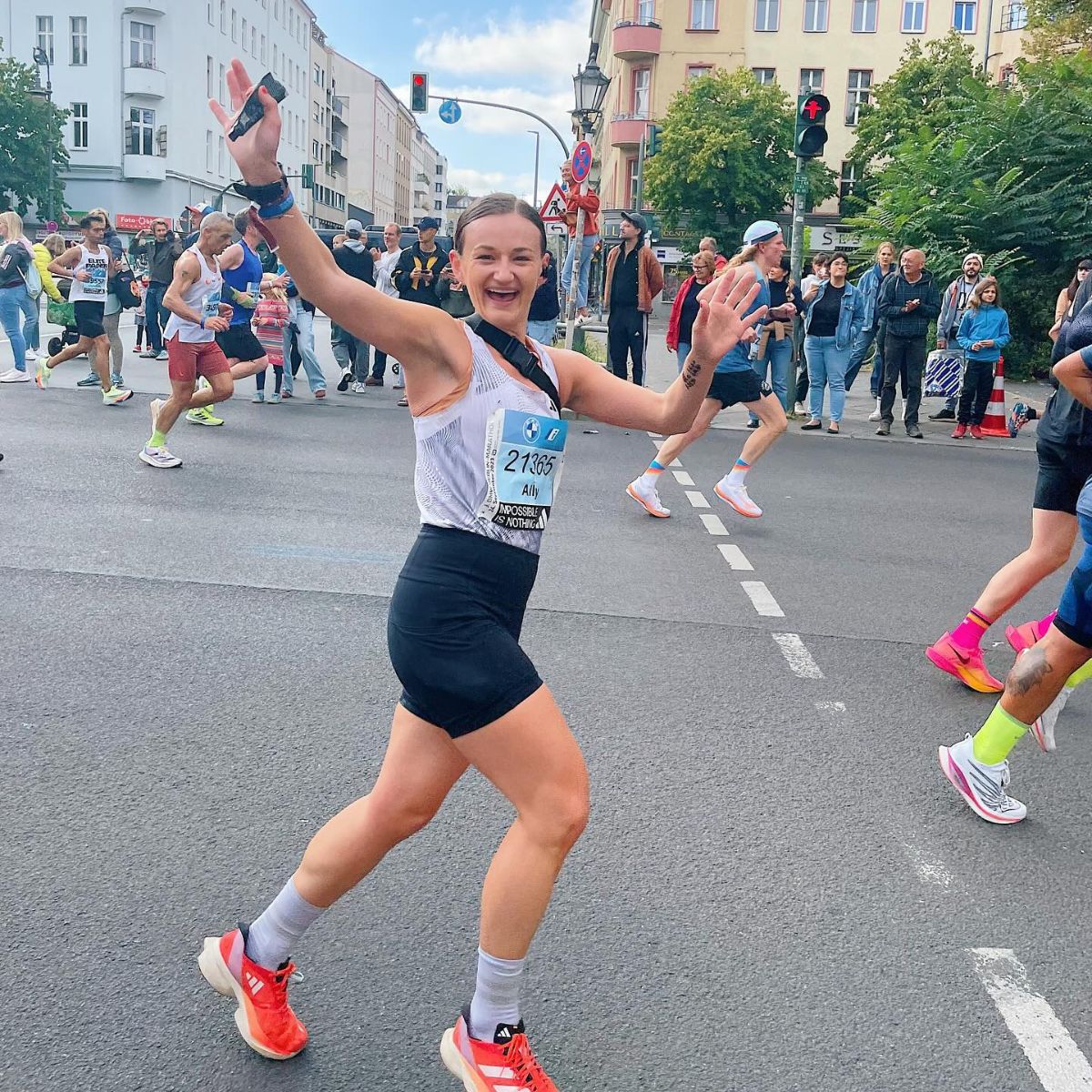Putting the clocks back damages our health
More evening daylight could help everyone do the recommended daily hour of exercise in winter…

More evening daylight could help everyone do the recommended daily hour of exercise in winter…
Not putting the clocks back would help people exercise more and stay healthier, says an expert.
Dr Mayer Hillman, a public policy specialist at the Policy Studies Institute wants the UK to keep British Summer Time in winter. He suggests being two hours ahead of Greenwich Mean Time in spring.
Recent surveys show a trend towards declining fitness in the UK and predictions that more than half the population will be clinically obese by 2050. Dr Hillman says that the extra hour of evening daylight would give everyone more opportunities to be active outdoors, and help us become fitter and healthier.
‘The common reaction to the prospect of less daylight and sunlight when the clocks are put back at the end of October - signalling as it does the end of outdoor activity and the onset of a largely indoor leisure life - is a negative one,’ Dr Hillman writes.
‘The additional hours of daylight would considerably increase opportunities for outdoor leisure activities: about 300 more for adults and 200 more for children each year, given typical daily patterns of activity.’
A Department of Health spokesperson said: ‘It is recommended that adults do 30 minutes of exercise five times a week and children do 60 minutes each day. There are lots of activities to do in the winter, like swimming, dance, using the gym, or taking up an indoor sport.’
Marie Claire Newsletter
Celebrity news, beauty, fashion advice, and fascinating features, delivered straight to your inbox!
British Summer Time was established in 1916 to give farmers more daylight hours to work in their fields. Scottish farmers, particularly, have always been opposed to changing the current set-up because they would have to deal with an extended period of morning darkness.
Dr David Lewis, a chartered psychologist who has done research into the effect of sunshine on our well-being, says there are arguments for both sides. ‘If people can be persuaded to get out more and exercise after school and work, they are more likely to do it if it's light, than if it's dark. But there is a danger that people leaving for work in the morning don't really wake up properly if it's not light.’
Campaign group Lighter Later argue that changing the clocks to Greenwich Mean Time (GMT) +1 in winter and GMT +2 in summer would have a wide-reaching impact. Up to 80,000 new jobs could be created in the tourist industry, as longer evenings would extend the tourist season and allow attractions to stay open for longer.
In Britain, up to 100 road deaths could be prevented annually they say, while 447,000 tonnes of CO2 pollution could be cut because people would be switching their lights on later, said campaigners.
What do you think - would you rather we held on to an extra hour of light in the evenings over the winter months?
Let us know your opinions below…
The leading destination for fashion, beauty, shopping and finger-on-the-pulse views on the latest issues. Marie Claire's travel content helps you delight in discovering new destinations around the globe, offering a unique – and sometimes unchartered – travel experience. From new hotel openings to the destinations tipped to take over our travel calendars, this iconic name has it covered.
-
 Anatomy Of A Wardrobe: TV presenter AJ Odudu is carving out her own lane, one show-stopping look at a time
Anatomy Of A Wardrobe: TV presenter AJ Odudu is carving out her own lane, one show-stopping look at a timeWatch as we take an exclusive look inside AJ's wardrobe
By Lily Russo-Bah
-
 This perfume has been an icon for over 20 years, and for good reason—it’s soft, elegant, and oh so feminine
This perfume has been an icon for over 20 years, and for good reason—it’s soft, elegant, and oh so feminineFeminine but not *too* sweet
By Lucy Abbersteen
-
 Got marathon fever? Trust us: these 12 running accessories will make any distance more manageable
Got marathon fever? Trust us: these 12 running accessories will make any distance more manageableOnce you try these, you won't look back.
By Amelia Yeomans